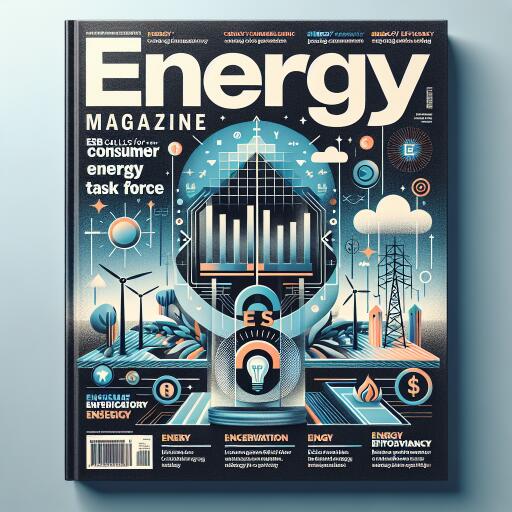
ESB Advocates for the Formation of a Consumer Energy Taskforce
In a pivotal move towards the evolution of Australia’s National Energy Market (NEM), the Energy Security Board (ESB) has unveiled a comprehensive report entitled “Consumer Energy Resources and the Transformation of the National Energy Market”. This document delineates a 12-month roadmap for the assimilation of consumer energy resources (CER) by governmental agencies, the energy industry, and market regulators, emphasizing a cooperative effort to achieve a sustainable energy future.
To facilitate this ambitious plan, the ESB has proposed the creation of a specialized CER taskforce. This entity would be empowered with specific directives to foster impactful results, underscoring the urgency of integrating consumer-based energy innovations. The taskforce’s formation is seen as a critical step towards ensuring a smooth transition in the energy market, aligning with global decarbonization efforts.
Central to the ESB’s findings is the assertion that both large-scale and consumer-level energy solutions are vital for Australia’s quest to achieve net-zero emissions. It highlights the necessity for substantial investments in grid-level generation, energy storage solutions, and the expansion of transmission infrastructures. Notably, the report showcases the exponential growth in the adoption of distributed photovoltaic (DPV) systems by consumers, witnessing an average increase of 25 percent annually over the last five years—a testament to the population’s growing commitment to renewable energy.
A critical examination by an entity identified as Rewiring Australia supplements the ESB’s observations by advocating for a profound restructuring of the NEM. According to Rewiring Australia, such a revamp is essential not only for decreasing energy expenditures but also for meeting the ambitious emissions and renewable energy objectives set for 2030. While the ESB’s report endorses the seamless incorporation of household solar solutions into the national grid, Rewiring Australia argues for a more radical change in policy and competitive frameworks to fully harness the benefits of this technology.
Voicing the concerns of many, the group’s Executive Director and Chief Scientist have put forth poignant critiques and recommendations. They argue that the current energy market, established in a pre-solar era, is now outdated and ill-equipped to meet the demands of low-cost solar energy. They stress the importance of a bold policy transformation that transcends minor regulatory adjustments, aiming to dismantle the monopolistic hold of traditional energy conglomerates. This, they believe, will unlock the true potential of rooftop solar—which is lauded as the most economical energy source globally.
Further advocating for consumer empowerment, they envision a future where households equipped with solar panels, batteries, and electric vehicles could engage in electricity trading among themselves. Such a scenario promises to democratize energy distribution, breaking down existing barriers erected by major energy providers. Moreover, they call upon the Federal Government to facilitate the widespread adoption of solar energy by eliminating hurdles faced by homeowners, especially in apartments, in deploying solar panels, batteries, and energy-efficient appliances.
The champions of this reform assert that facilitating easier access to renewable energy resources for the average Australian not only holds the promise of reducing energy bills but also significantly contributes to the global fight against climate change. By investing in home-based energy solutions, the nation can rapidly transition away from costly and polluting fossil fuels, paving the way for a cleaner, more sustainable energy landscape.
The ESB’s report and the subsequent dialogue initiated by Rewiring Australia mark a pivotal moment in the nation’s energy discourse. As these discussions evolve, they underscore the collective effort required to achieve energy security, affordability, and sustainability in the face of pressing environmental challenges.





Leave a Reply